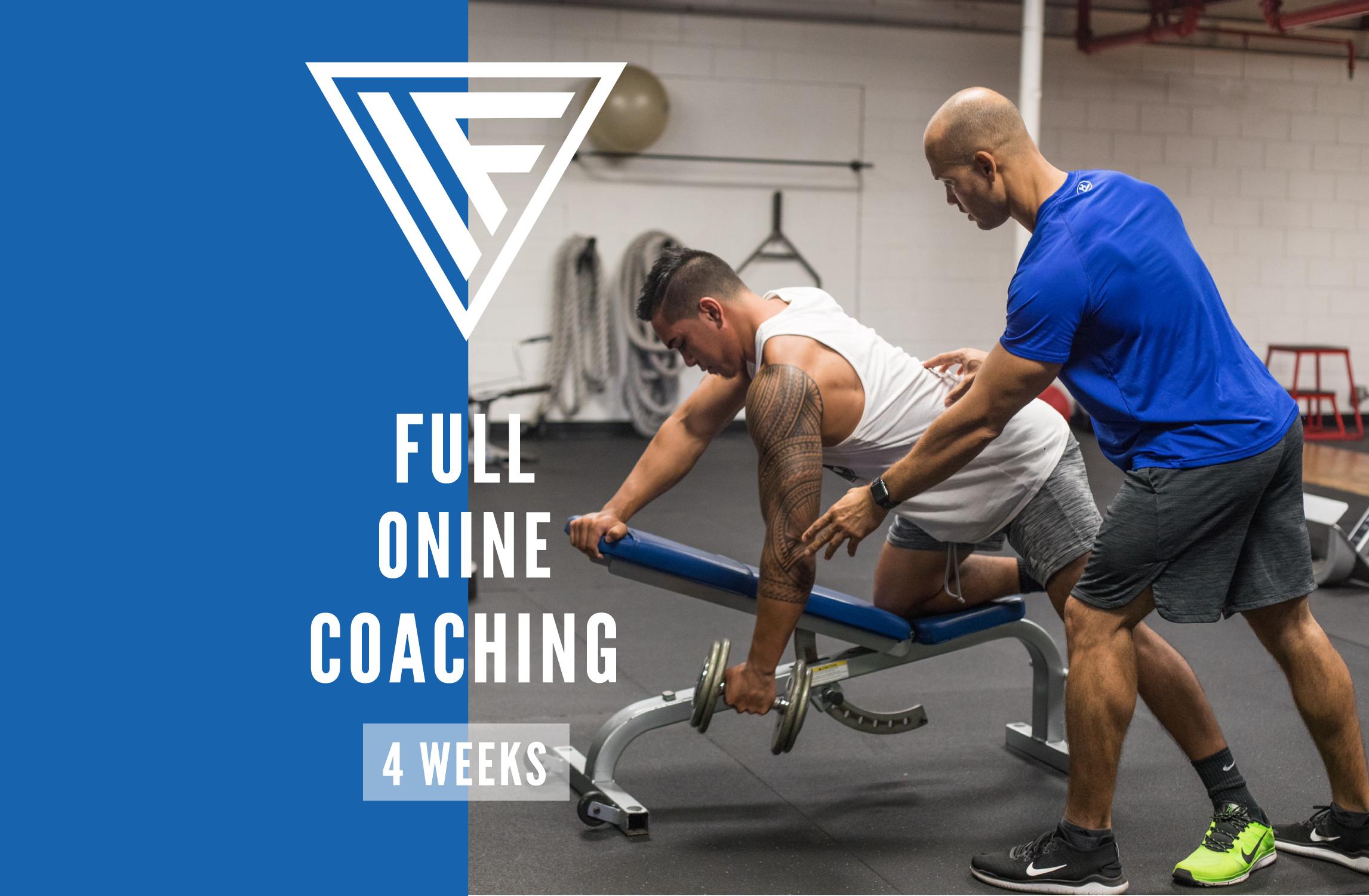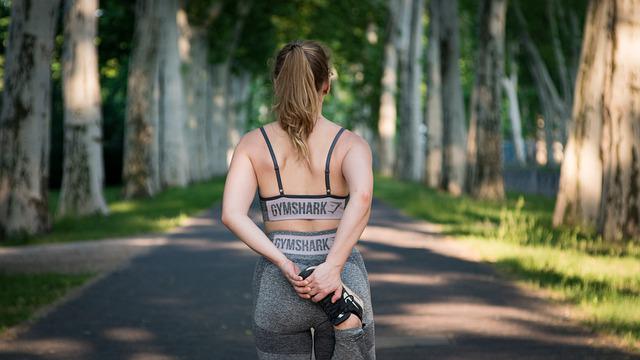
These are the things you should remember if you wish to build muscle. For muscle building, nutrition is crucial. You need to ensure you get enough nutrition and protein if your body is underweight. You will feel healthier and larger if you eat enough calories. However, it can be difficult to fit everything in. A good way to start is by planning your meals in advance. Start cooking on Sunday to ensure you have enough food for the week. You can prepare burgers, eggs, chili, and veggies ahead of time. You can also start your recovery process by eating right away after your workout.
Beginner's guide on building muscle
You need to use the right training methods to get the best results with your muscle-building program. A good muscle-building routine will cause your muscles to work harder and should include gradual weight gain and repetitions. This is called progressive overload. It's vital to remember to always rest after your workout and make sure you get enough sleep, as this will allow your body to repair itself and restore its hormones and neurological system. Your ability to recover after a workout will increase your ability to build muscle.
Your muscle-building exercise is not enough. You also need to watch your protein intake. It's easier than tracking carbohydrates and fats. Eat a variety. You should also ensure you get enough sleep every night. Insufficient sleep will slow down muscle growth and make your training sessions less effective.

Exercises that target multiple muscle groups
A good build muscle workout should target a variety of muscle groups to maximize results. A general exercise routine should include exercises that work all major muscles, but people who are training in a sport might find it more efficient to focus on one specific muscle group.
Compound movements engage more muscles and burn more calories than isolation exercises. Compound movements allow you to lift heavier weights and use more strength.
How to gain muscle?
Follow these nutritional guidelines to increase muscle mass and strength. Before and after working out, you should consume lots of protein, especially branch chain amino acid. It is also recommended to eat more protein early in the morning than you do later in the day. You should also eat certain amounts of carbohydrates. Although carbohydrates are often associated to weight gain, they also aid in the building of muscle. Three to six small meals should be your goal each day.
Your body requires between 2,500 to 2,800 calories per day to build a pound. This amount varies according to body composition, fitness level, and diet. For a healthy increase, you may need to consume 100 to 300 more calories per day. However, if you're looking to add bulk to your muscles, you might need more than this. Protein is necessary for building muscle because it contains the essential amino acids that your body needs to grow. It's important because MPS is not easily replaced by any other nutritional element, even protein shakes.

Building muscle
A progressive overload is where the weight of the exercise increases with each repetition. However, the rest periods should be short. While compound exercises should be the core of a workout, it is important to include isolated moves to increase muscle mass. These exercises should be performed using heavy weights to ensure that you can do more than 20 reps.
Although these exercises may feel difficult, they shouldn't cause pain. Your fitness level, age and goals for muscle building should all be taken into consideration when planning your workouts. Be aware of your body and make sure you change your workouts regularly to avoid injury. You can consult a physical therapist to find the right workout for your body.
FAQ
Can exercise help me lose weight?
Yes. Regular exercise will help to reduce weight by burning more calories. Exercising can increase your metabolism so that you can burn calories even when you're not working out.
What are Resistance Training Exercises?
Resistance training involves using weights or other objects to perform specific movements. For example, lifting weights strengthens your arms, shoulders, chest, back, legs, and core. Resistance training helps build muscle mass and bone density. It also promotes overall strength.
What should I eat before I work out?
No. You don't need to eat anything before working out. However, if you're hungry after working out, you might want to snack on something light like fruit or yogurt.
Why is physical fitness important?
Our health is dependent on our physical fitness. Exercise is important to maintain your weight, strength and flexibility as well our cardiovascular system. Exercise helps you sleep better at night, reduces stress and improves self-esteem. It also increases your energy throughout the day.
What does Nutrition do for Your Body?
Your body's ability to function properly is aided by nutrition. You can ensure adequate nutrition by eating a balanced diet rich in fruits and vegetables, lean meats, whole grains, and healthy oils.
What should I do if I'm working out?
Drinking alcohol is high in calories so it's best to not consume too much while working out. A moderate amount of alcohol, one drink per day, may be beneficial for endurance during exercise. It may also reduce fatigue and muscle aches caused by intense exercise.
How many hours of sleep should I get every night?
The amount of sleep recommended depends on your age, gender, and personal needs. Adults require 7 to 9 hours sleep per night. Children and teens typically need between 7 and 9 hours of sleep each night. However, this number drops as they get older.
Statistics
- Adolescent girls were less active than adolescent boys, with 85% vs. 78% not meeting WHO recommendations of at least 60 minutes of moderate to vigorous intensity physical activity per day. (who.int)
- Globally, 28% of adults aged 18 and over were not active enough in 2016 (men 23% and women 32%). (who.int)
- In 2018, the World Health Assembly agreed on a global target to reduce physical inactivity by 15% by 2030 and align with the Sustainable Development Goals. (who.int)
- Physical activity confers the following maternal and fetal health benefits: a decreased risk of pre-eclampsia, gestational hypertension, gestational diabetes (for example, 30% reduction in risk) (who.int)
External Links
How To
How to keep fit while pregnant
Your body goes through many changes when you get pregnant. Because you are carrying a baby, your metabolism slows down and you eat less. If you don't get enough rest, you might feel sick. But there are ways you can keep yourself healthy while still enjoying this exciting time in your life!
Before beginning any exercise program, consult your doctor. Your doctor can help you decide which exercises are safe and which should be avoided. A second thing to do is eat well during pregnancy. This includes eating plenty iron, fiber, and protein. Third, make sure to drink plenty of fluids. It's especially important to drink water when you're exercising since you lose a lot of fluid through sweat. Finally, take care of your feet. Make sure they're always dry and wear shoes that support them. You should eat breakfast if you are suffering from morning sickness. You might end up feeling nauseated.
-
Eat Well. A healthy diet will be important throughout your pregnancy.
-
Get active. At least 30 minutes of exercise daily
-
Maintain a healthy weight Reduce the amount of food you eat and eat snacks less often can help you lose weight.
-
Get Enough Sleep. Sleep should be at least 7 hours each night.
-
Manage Stress. Learn relaxation techniques.
-
Avoid Alcohol. It can cause miscarriage or birth defects.
-
Be kind to yourself. Don't push yourself too hard.
-
Take Care of Yourself. If you need someone to check in on your wellbeing, it is a good idea.
-
Relax. Do things that make you happy.